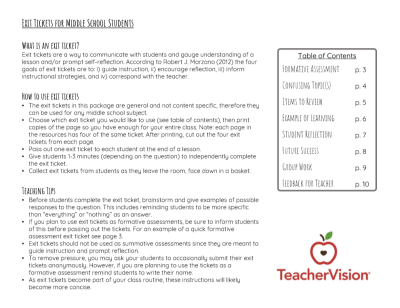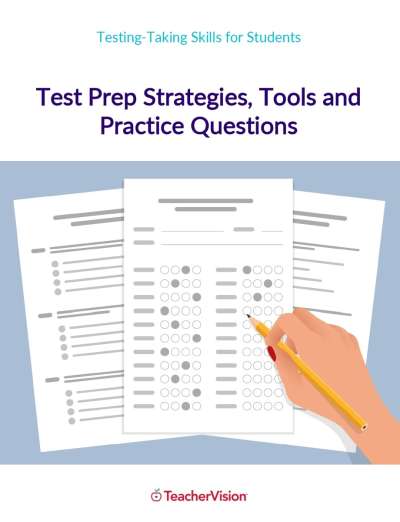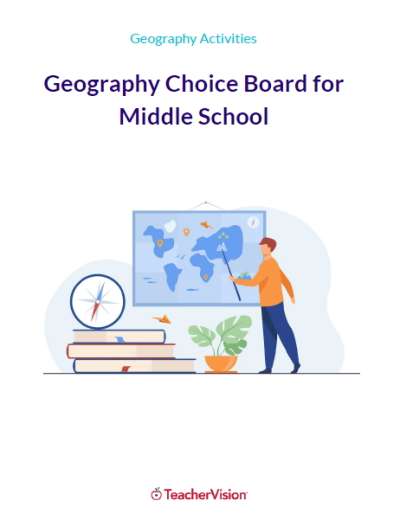 |
|
Nouns (Gr. 4-6)Supplement your upper elementary language arts lessons on nouns with these activities for use with Mad Libs® books. |
| Show Me the Noun! Review rules for forming regular plurals by adding -s or -es and also irregular plurals such as goose/geese, and nouns where the singular and plural forms are the same such as deer/deer. Have groups of three review Mad Libs® stories and ask each student to compile a list of five singular or plural nouns. Have one student display a noun and challenge the others to write the singular or plural form. The first to show the correct form can act as challenger in the next round. |
| Let's Get Particular Remind students that a common noun names any person, place, or thing, while a proper noun names a particular person, place, or thing. Give examples of related common and proper nouns and use these to reinforce capitalization of proper nouns. Then pair students and have each select at least ten common nouns in a Mad Libs® story. Have them take turns asking each other to "Get Particular" by writing a proper noun for each common noun. |
| Look Out for Possessives Mad Libs® often requires students to slot possessive nouns in a story. Review rules for forming singular and plural possessives, including possessives of irregular nouns such as children's, men's, and women's. Challenge students to review a completed Mad Libs® story in which they used possessive nouns, and list who owned what. |
| Call in the Pronoun Sub! Review that pronouns are used in place of singular and plural nouns. Have partners take turns reading a completed Mad Libs® story aloud. When encountering a noun in the story, have the reader say, "Pronoun sub!" and challenge his or her partner to supply the correct form of the pronoun. |
More Mad Libs®Teacher Guides





